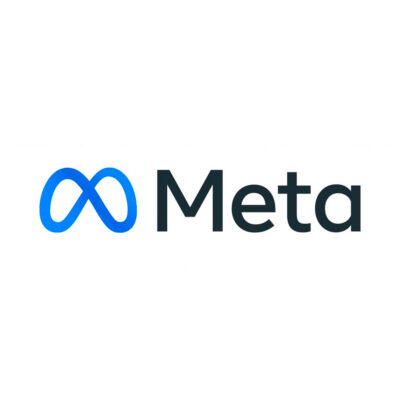Compare Models
-
Stanford University
Alpaca
FREEStanford University released an instruction-following language model called Alpaca, which was fine-tuned from Meta’s LLaMA 7B model. The Alpaca model was trained on 52K instruction-following demonstrations generated in the style of self-instruct using text-davinci-003. Alpaca aims to help the academic community engage with the models by providing an open source model that rivals OpenAI’s GPT-3.5 (text-davinci-003) models. To this end, Alpaca has been kept small and cheap (fine-tuning Alpaca took 3 hours on 8x A100s which is less than $100 of cost) to reproduce. All training data and techniques have been released. The Alpaca license explicitly prohibits commercial use, and the model can only be used for research/personal projects, and users need to follow LLaMA’s license agreement. -
OpenAI
ChatGPT (Web Browser Version)
FREEThe ChatGPT Web Browser Version is an accessible online powerful language model. The chatbot is designed to provide users with a user-friendly interface that facilitates interaction without needing any specialized programming or machine learning knowledge. Users can leverage ChatGPT for a wide range of applications, including but not limited to tutoring in academic subjects, generating creative content, drafting and editing text, providing personalized recommendations, translating languages, and even programming help. Businesses can use it for automating customer service, generating marketing content, and providing personalized user experiences.ChatGPT is powered by GPT-3.5-turbo by default and is free to try. If you are a paying customer and subscribe to ChatGPT Plus, you can change the model to GPT-4 before you start a chat. Currently, the ChatGPT models support several languages, including but not limited to English, Spanish, French, German, Portuguese, Italian and Dutch. New features for ChatGPT-Plus users have just been announced. These include a web-browsing feature that provides up-to-date information (prior to the update, ChatGPT was limited in what it could answer, as it was only trained on data until 2021). ChatGPT-Plus users can also access third-party plug-ins for web services like Expedia, Kayak, and Instacart. With these plug-ins, users can prompt ChatGPT to perform tasks on specific websites. -
Amazon
SageMaker
FREEAmazon SageMaker enables developers to create, train, and deploy machine-learning (ML) models in the cloud. SageMaker also enables developers to deploy ML models on embedded systems and edge-devices. Amazon SageMaker JumpStart helps you quickly and easily get started with machine learning. The solutions are fully customizable and supports one-click deployment and fine-tuning of more than 150 popular open source models such as natural language processing, object detection, and image classification models that can help with extracting and analyzing data, fraud detection, churn prediction and personalized recommendations.The Hugging Face LLM Inference DLCs on Amazon SageMaker, allows support the following models: BLOOM / BLOOMZ, MT0-XXL, Galactica, SantaCoder, GPT-Neox 20B (joi, pythia, lotus, rosey, chip, RedPajama, open assistant, FLAN-T5-XXL (T5-11B), Llama (vicuna, alpaca, koala), Starcoder / SantaCoder, and Falcon 7B / Falcon 40B. Hugging Face’s LLM DLC is a new purpose-built Inference Container to easily deploy LLMs in a secure and managed environment.





